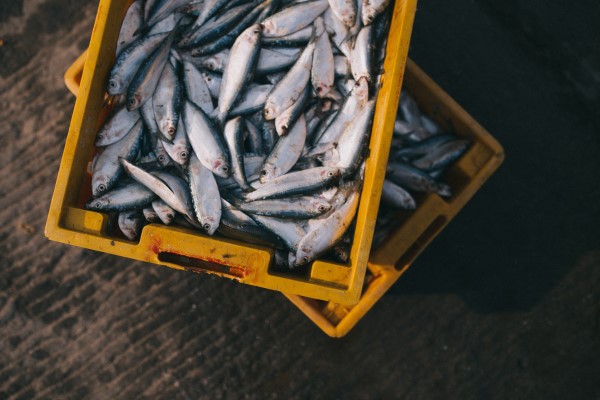
Seafood fraud isn’t a new concept; we’ve known about mislabeled aquacultural product for years. Having stated the obvious, what may be surprising is just how prevalent the shellfish shell game actually is. The Guardian went through the time and trouble to analyze 44 studies on the subject. After the dust and paper cuts settled, they found that 36% of over 9000 products from restaurants, fishmongers, and markets sported the wrong labels.
Now, we’re talking about fraud at the genetic level. The studies got all the way down to the DNA. Some of the food came from the same family but the wrong species (ie a cheaper scallop labeled as a pricey one). Others weren’t that subtle, however. In one case, some prawn balls sold in Singapore were made of pork with nary a prawn to be found.
Part of the reason seafood fraud is so rampant on a global scale lies with the complexity of international trade. With so many fish coming in from small fishing boats onto larger shipping vessels with no oversight, it’s pretty easy to slap the wrong label onto product to make more money. Having said all of this, the various studies use different methodologies and samples, so saying that 40-ish percent of all seafood everywhere might not be entirely accurate. Read the full story here.







